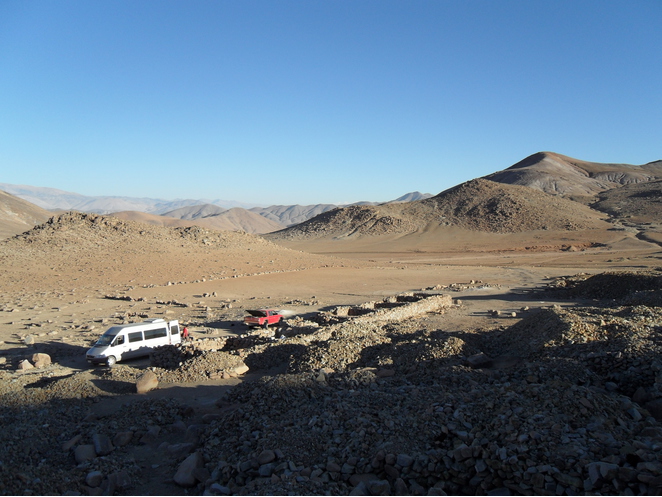Chile's Mining Stalwart Faces Uncertainty
- Chile | 10 October 2020

Prior to October 2019, Chile was considered immune to political destabilization and unrest, with a reputation for strong economic performance and moderate politics. However, the sustainable mining conference in Santiago highlighted the significant challenges faced by the Chilean mining industry, including copper and lithium price weakness, water scarcity, declining ore grades, social license issues, and high energy and labor costs. Despite these challenges, Chile’s mining policies were regarded as best in class, contributing to its status as a leading mining jurisdiction with a high-quality resource base.
The civil unrest in October 2019, triggered by increased metro ticket prices, exposed a growing sense of economic inequality in Chile. While the country has achieved remarkable progress in reducing poverty and improving income equality compared to its regional peers, it still ranks highest in economic inequality among OECD countries. The concentration of wealth among the richest 1% of the population has fueled widespread anger, particularly among the poor and middle class, leading to protests against perceived unfair distribution of state funding.
Chile’s economic success has largely relied on its robust mining sector, making it the world’s top producer of copper and possessing the largest lithium reserves. Copper exports alone contribute significantly to the nation’s GDP, accounting for 10-15% of it. The protests caused disruptions to the operational environment, impacting transportation networks, including key roads and ports, although mining operations themselves experienced limited strikes.
Despite high expectations for copper and lithium demand outpacing supply, global economic factors such as the China-U.S. trade war and European economic stagnation have led to a demand shortfall. This has affected manufacturing activities and subsequently put downward pressure on commodity prices, including copper. Furthermore, declining copper grades have contributed to a 2.5% decrease in Chilean copper production in the first half of 2019.
Despite the challenging market conditions, Chile’s mining industry continues to attract investments, with nearly US$34 billion earmarked for the sector over the next five years. Multiple mining projects are set to begin production or construction, including Teck Resources’ Quebrada Blanca phase II, Antofagasta Minerals’ Centinela copper mine expansion, and the Nueva Unión joint venture. These investments aim to offset potential declines in production from existing copper sources, such as Codelco’s Chuquicamata mine, which recently transitioned from surface to underground operations.
Mining companies in Chile have been devoted to adopting more efficient practices to lower their breakeven cost of production. This focus on efficiency allows them to remain profitable and position themselves for opportunities when the market recovers. The Chilean mining industry benefits from a specialized and technologically savvy workforce that facilitates the development of suppliers aspiring to meet world-class standards. Several technology providers view Santiago as a global hub for mining innovation, fostering economic diversification.
Chile boasts significant mineral reserves, including copper, molybdenum, silver, gold, and lithium. With 22% of the world’s copper reserves, 48% of the world’s lithium reserves, and high-quality resources, the Chilean market represents a substantial opportunity. Despite the political sensitivities surrounding mining, it is essential to recognize the vital role the mining sector plays in the country’s economy and its potential to deliver a better future for Chileans.
Chile’s mining industry faces various challenges, including economic inequality, declining ore grades, and market dynamics affecting commodity prices. However, the sector has demonstrated resilience and continues to attract investments. The industry’s focus on efficiency, technological advancements, and the country’s vast mineral reserves positions Chile as a significant player in the global mining landscape. It is crucial to recognize and support the importance of a strong mining sector in Chile’s broader economy, ensuring its ability to overcome challenges and lead in the mining industry.








